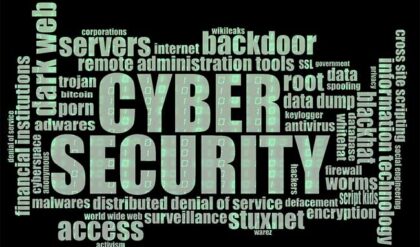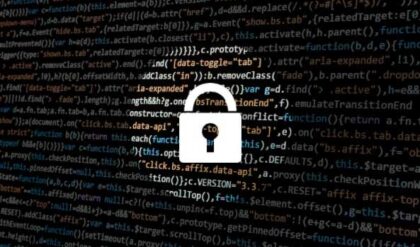How safe is your personal data?
Hacking endangers individuals and businesses in many destructive ways. Unfortunately, hackers grow cleverer daily and fortify their ways of stealing your data. However, you can remain on top of the game by guarding against their preferred hacking methods. Here we expose the top-seven ways they use to steal your data in 2020. Keep reading to secure yourself against their onslaughts.
Unsecured Connections
The Net is full of valuable information. However, some of it lies on unsecured sites. For instance, you could be searching for details regarding a given topic and find it on an innocent-looking site. While the site’s owner may not intend mischief, hackers can exploit their website’s insecure infrastructure to rob you of your data.
Phishing
Besides using keyloggers to access information—you can read here to learn how to remove a keylogger— hackers still target victims via phishing. They know email is one of the most popular means of official communication, optimizing phishing attacks as people trust emails more than other messaging options.
Cyber-criminals use fake emails purporting to be originating from reputable companies. They bait you by asking to click on a given link to resolve specific issues with your account. If you aren’t careful, you could follow the links to insecure and fake websites. There, they will ask you to log in and provide your sensitive details.
Your Computer Webcam and Mic
Many bloggers and enterprises do podcasts and videos, thus using web cameras and microphones of their computer devices quite often. These accessories should also be protected as hackers can use your computer’s webcam and microphone to spy on your personal details. A popular strategy is to steal your data by combining Trojans and RATS (remote access tools) to achieve their ends. Their Trojans install the RATS on your computer to start their spying game.
Malicious Mobile Apps
Business has gone mobile, and companies can comfortably access their data via mobile devices, such as smartphones and tablets. Hackers have also shifted their base to these tools. Some mobile apps can compromise your online safety and privacy, as well as install spyware. Thus, users should stay alert to any suspicious permissions apps ask, getting more cautious in case an app requires some irrelevant permissions to access your:Smartphone’s or tablet’s account login details (it can harvest your email address contacts);
- Phone’s microphone (hackers can listen to you to elicit sensitive information);
- SMS (it can use it to send you premium text messages to steal your balance);
- Smart device’s admin rights (hackers can hijack it for remote management and wiping);
- Contacts (they can steal your contacts and sell them).
Wi-Fi Leakages
Beware of free and public Wi-Fi networks. They may seem a great way of saving money on data bundles. However, you could pay for those savings dearly after hackers access your private data because they lurk in some of those unsecured networks, reading and stealing your personal details. It’s advisable to limit the usage to mere browsing. Also, ensure you are visiting safe websites; performing your financial transactions via a public Wi-Fi hotspot could expose your sensitive details to theft.

Network Hacking
Hackers are opportunists exploiting the smallest weakness in your company’s network to hack it. They can exploit open ports on your printers or holes in your firewalls to uncover your security flaws. For example, a “print from anywhere” setting in your printers is an excellent chance for hackers to creep into your system, using this loophole to see the files you scanned or printed.
Third-Party Vendors
Hackers can use your vendors’ security flaws to access your sensitive data. Some third-party vendors could have your credit card numbers or medical records. If hackers attack their systems, they could steal these sensitive details and hence, land you in legal problems.
As you can see, hackers have many ways of stealing data. However, you can protect yourself against them if you learn their tricks and prepare early. We hope the ones we exposed will assist you in enhancing your data protection efforts.






